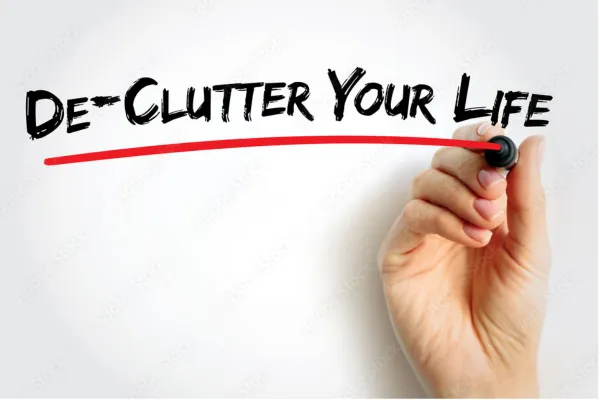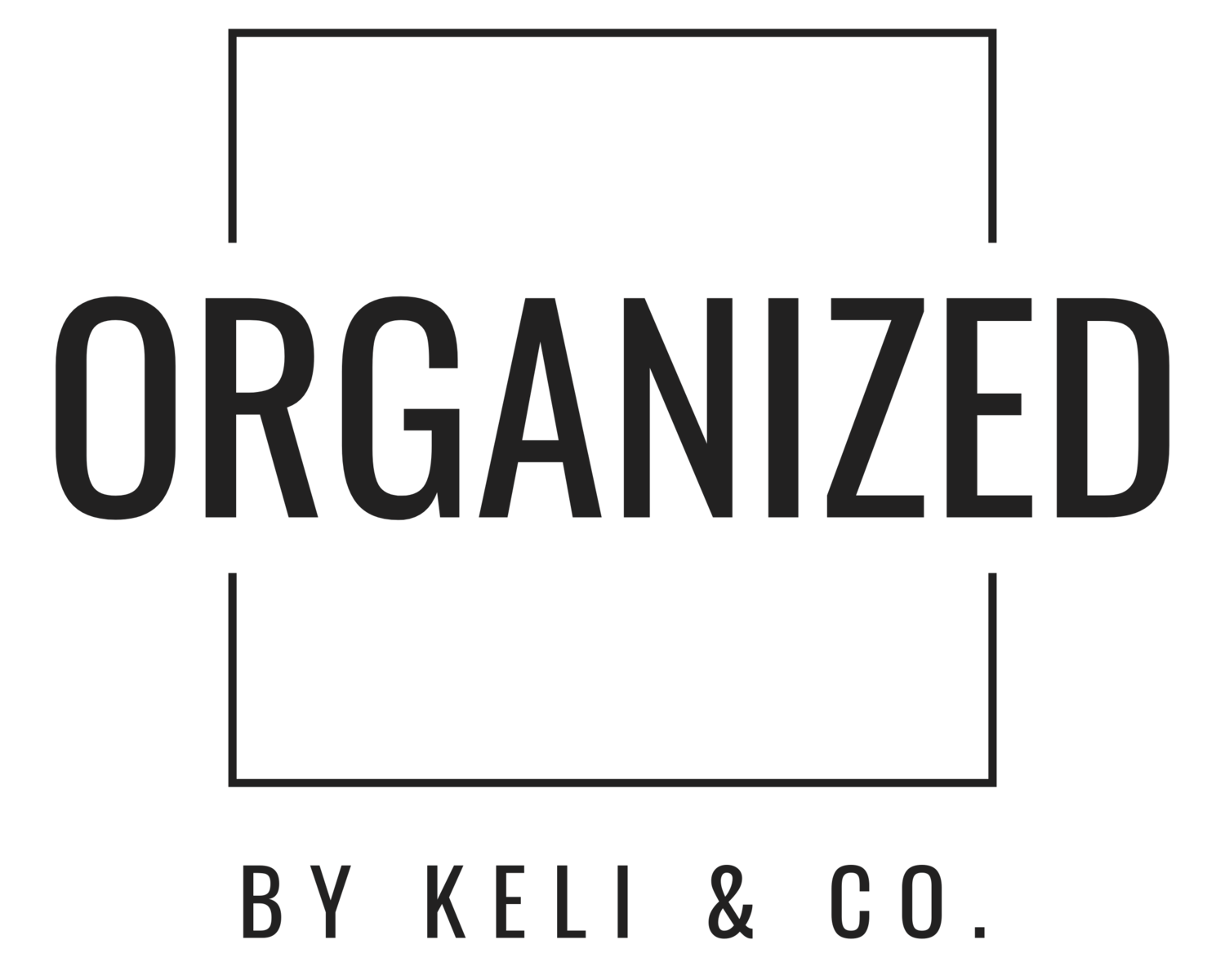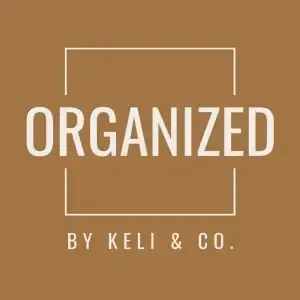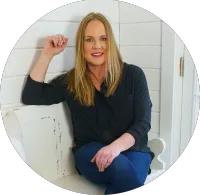Move In and Move out with Life
Matter Most
Our professional organizers can manage and transition so you can focus on what matter most
Save Energy
Save Time
Save your Sanity
Move In and Move out with Life
Matter Most
Our professional organizers can manage and transition so you can focus on what matter most
Save Energy
Save Time
Save your Sanity
Move In and Move out with Life
Matter Most
Our professional organizers can manage and transition so you can focus on what matter most
Save Energy
Save Time
Save your Sanity
Move In and Move out with Life
Matter Most
Our professional organizers can manage and transition so you can focus on what matter most
Save Energy
Save Time
Save your Sanity
KELI & CO
WELCOME TO THE BLOG

The Psychology Of Clutter: Understanding The Emotional Impact
In our fast-paced and consumer-driven society, it's no surprise that many of us find ourselves surrounded by clutter. From overflowing closets to jam-packed garages, clutter seems to have a way of accumulating in our lives. But have you ever wondered why clutter affects us on an emotional level? The truth is, the psychology of clutter goes beyond just the physical mess—it has a profound impact on our mental and emotional well-being. Understanding this relationship can help us navigate the clutter in our lives more effectively.
One of the primary reasons clutter affects us emotionally is because it overwhelms our senses. Our brains are constantly processing information from our environment, and when our surroundings are cluttered, it creates a cognitive overload. The sheer volume of items competing for our attention can leave us feeling anxious, stressed, and mentally drained. We may find it difficult to concentrate or make decisions in such an environment, leading to a sense of mental disarray.
Moreover, clutter can also trigger feelings of guilt and shame. We often associate clutter with disorganization and a lack of control, which can evoke negative emotions within us. We may feel guilty for not being able to keep our spaces tidy or ashamed of the mess we've allowed to accumulate. These emotions can further contribute to stress and a diminished sense of self-worth. Having an organized home creates a sense of calmness and purpose, because the home reflects that mindset.
Another psychological aspect of clutter is its impact on our productivity. Research suggests that physical clutter competes for our attention, making it more challenging to focus on specific tasks. A cluttered workspace, for instance, can hinder our ability to think clearly and complete assignments efficiently. Just like the rest of the home, a disorganized office space saps time looking for papers that should be within easy reach in a logical location. The constant visual reminders of unfinished projects or unattended tasks can create a sense of mental burden, affecting our motivation and overall productivity.
Clutter also has the potential to evoke nostalgia and sentimental attachments. We often hold onto items that have emotional significance or represent memories from our past. This is at the very heart of hoarding disorder, where an unhealthy emotional attachment to possessions creates an unlivable space. While sentimental objects can provide comfort and a sense of connection, they can also contribute to clutter if not properly organized. The emotional attachment we have to these items makes it challenging to let go, resulting in an accumulation of possessions that may not serve a practical purpose in our present lives.
Addressing the emotional impact of clutter requires a proactive approach. Here are a few strategies to help regain control and create a more harmonious living environment:
-Recognize the emotional weight: Acknowledge the emotional impact clutter has on your well-being. Understanding that clutter affects your mood, productivity, and overall mental state can be a powerful motivator for change.
-Start small: Tackling clutter can be overwhelming, so begin with small and manageable areas. Focus on one room or even one corner at a time. Breaking the process down into smaller tasks makes it more achievable and less daunting.
-Sort and declutter: Sort your belongings into categories such as keep, donate, or discard. Be mindful of items that hold sentimental value and carefully evaluate whether they genuinely contribute to your present life or if they can be preserved in a more organized manner.
-Create systems and storage solutions: Establish effective organizational systems to prevent future clutter. Find suitable storage solutions that fit your needs and ensure that everything has its designated place.
-Cultivate mindful consumption: Adopt a more intentional approach to what you bring into your space. Consider the value and purpose of an item before making a purchase, and be mindful of accumulating unnecessary possessions.
-Seek support if needed: If you find it challenging to declutter or feel overwhelmed by the emotional attachment to certain items, don't hesitate to seek support. Professional organizers or therapists specializing in clutter and hoarding disorders can provide guidance and help you navigate the process.
Understanding the psychology of clutter empowers us to take control of our living spaces and, in turn, positively impact our mental and emotional well-being. By decluttering our physical environments, we create room for clarity, productivity, and a greater sense of peace within ourselves. So, let's embark on this journey to declutter our lives and cultivate spaces that support our overall happiness and fulfillment.

The Psychology Of Clutter: Understanding The Emotional Impact
In our fast-paced and consumer-driven society, it's no surprise that many of us find ourselves surrounded by clutter. From overflowing closets to jam-packed garages, clutter seems to have a way of accumulating in our lives. But have you ever wondered why clutter affects us on an emotional level? The truth is, the psychology of clutter goes beyond just the physical mess—it has a profound impact on our mental and emotional well-being. Understanding this relationship can help us navigate the clutter in our lives more effectively.
One of the primary reasons clutter affects us emotionally is because it overwhelms our senses. Our brains are constantly processing information from our environment, and when our surroundings are cluttered, it creates a cognitive overload. The sheer volume of items competing for our attention can leave us feeling anxious, stressed, and mentally drained. We may find it difficult to concentrate or make decisions in such an environment, leading to a sense of mental disarray.
Moreover, clutter can also trigger feelings of guilt and shame. We often associate clutter with disorganization and a lack of control, which can evoke negative emotions within us. We may feel guilty for not being able to keep our spaces tidy or ashamed of the mess we've allowed to accumulate. These emotions can further contribute to stress and a diminished sense of self-worth. Having an organized home creates a sense of calmness and purpose, because the home reflects that mindset.
Another psychological aspect of clutter is its impact on our productivity. Research suggests that physical clutter competes for our attention, making it more challenging to focus on specific tasks. A cluttered workspace, for instance, can hinder our ability to think clearly and complete assignments efficiently. Just like the rest of the home, a disorganized office space saps time looking for papers that should be within easy reach in a logical location. The constant visual reminders of unfinished projects or unattended tasks can create a sense of mental burden, affecting our motivation and overall productivity.
Clutter also has the potential to evoke nostalgia and sentimental attachments. We often hold onto items that have emotional significance or represent memories from our past. This is at the very heart of hoarding disorder, where an unhealthy emotional attachment to possessions creates an unlivable space. While sentimental objects can provide comfort and a sense of connection, they can also contribute to clutter if not properly organized. The emotional attachment we have to these items makes it challenging to let go, resulting in an accumulation of possessions that may not serve a practical purpose in our present lives.
Addressing the emotional impact of clutter requires a proactive approach. Here are a few strategies to help regain control and create a more harmonious living environment:
-Recognize the emotional weight: Acknowledge the emotional impact clutter has on your well-being. Understanding that clutter affects your mood, productivity, and overall mental state can be a powerful motivator for change.
-Start small: Tackling clutter can be overwhelming, so begin with small and manageable areas. Focus on one room or even one corner at a time. Breaking the process down into smaller tasks makes it more achievable and less daunting.
-Sort and declutter: Sort your belongings into categories such as keep, donate, or discard. Be mindful of items that hold sentimental value and carefully evaluate whether they genuinely contribute to your present life or if they can be preserved in a more organized manner.
-Create systems and storage solutions: Establish effective organizational systems to prevent future clutter. Find suitable storage solutions that fit your needs and ensure that everything has its designated place.
-Cultivate mindful consumption: Adopt a more intentional approach to what you bring into your space. Consider the value and purpose of an item before making a purchase, and be mindful of accumulating unnecessary possessions.
-Seek support if needed: If you find it challenging to declutter or feel overwhelmed by the emotional attachment to certain items, don't hesitate to seek support. Professional organizers or therapists specializing in clutter and hoarding disorders can provide guidance and help you navigate the process.
Understanding the psychology of clutter empowers us to take control of our living spaces and, in turn, positively impact our mental and emotional well-being. By decluttering our physical environments, we create room for clarity, productivity, and a greater sense of peace within ourselves. So, let's embark on this journey to declutter our lives and cultivate spaces that support our overall happiness and fulfillment.







